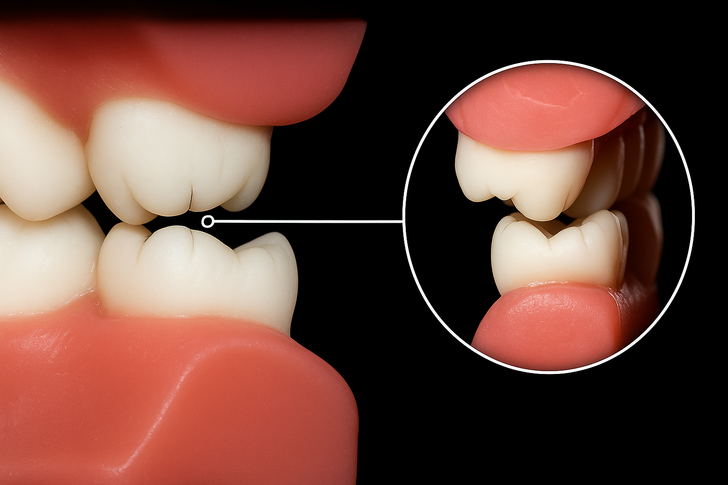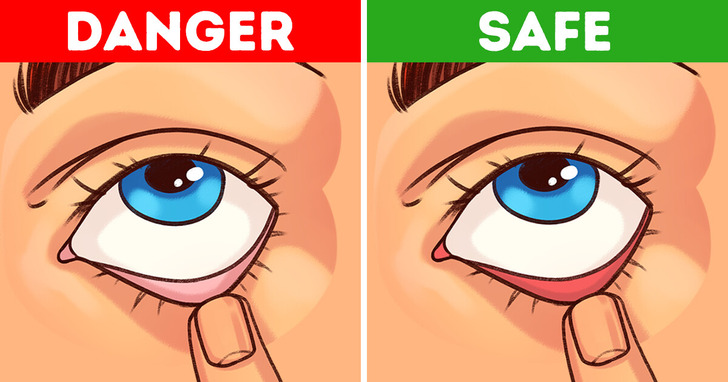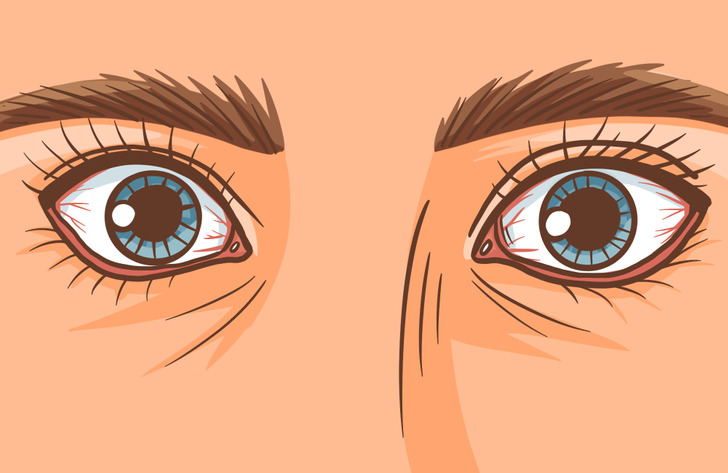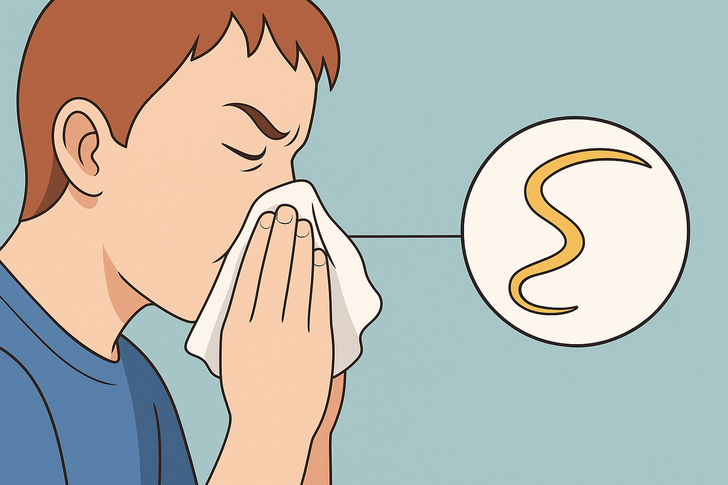16 Stories That Prove a Dad’s Love Is the Most Powerful Magic in the World


Parasites might sound like a distant hazard, but the truth is: they can show up in your everyday life, even if you haven’t left your home. These uninvited guests can affect your body in subtle and often confusing ways—making their presence hard to detect.
While it’s easy to panic when reading about symptoms online, this article is designed to give you clear, level-headed information. We’ll walk through some overlooked signs, explain what’s going on in your body, and help you understand when it’s time to seek professional help—no guesswork, no alarm bells, just real insight.
CONTENT IS PROVIDED FOR INFORMATIONAL PURPOSES ONLY AND IS NOT INTENDED AS A SUBSTITUTE FOR MEDICAL ADVICE. SEEK GUIDANCE FROM YOUR DOCTOR REGARDING YOUR HEALTH AND MEDICAL CONDITIONS.

Though more research is still needed, some practitioners observe that parasitic infections may be linked to teeth grinding—especially in children. While this is often due to stress, when paired with other symptoms, it’s worth looking into.
🩺 Why it happens: While researchers haven’t nailed down a cause-and-effect link just yet, the overlap is hard to ignore. Experts in both dentistry and gastroenterology are leaning toward one theory—intestinal worms might be messing with the brain through the vagus nerve, which links the gut and the mind. The result? The brain may be sounding an alarm through an unusual symptom: bruxism.
You’ve tried removing dairy, cutting out gluten, and experimenting with probiotics—yet your stomach still feels off. Well, some parasites can cause bloating, gas, diarrhea, or constipation that mimics irritable bowel syndrome.
🩺 Why it happens: Parasites irritate the lining of your gut, interfere with digestion, and may disrupt your microbiome—the “good bacteria” essential for balanced gut health.

If you’re constantly drained despite getting enough rest, a parasitic infection could be silently sapping your energy. Some parasites feed on your body’s nutrients, leading to deficiencies and, over time, anemia-like symptoms.
🩺 Why it happens: Your body works overtime to fight the infection, and with less access to nutrients, it becomes harder to stay energized.

It seems that losing weight without changing a diet is possible for some people. Not sure if you are going to like the method, though. The others happen to gain weight due to cravings triggered by parasite-induced imbalances. These changes are often subtle and build up over time.
🩺 Why it happens: Some parasites consume your nutrients directly, while others may affect insulin regulation, hunger hormones, or inflammation—all of which can influence weight.

Itchy skin, hives, or eczema-like patches that flare up without warning? Parasitic infections can prompt inflammatory reactions in the skin, even if the parasite is in your gut. This is especially true with parasites that disrupt the immune system, leading to allergic-type responses.
🩺 Why it happens: Your body produces antibodies to fight parasites, which can trigger skin flare-ups—similar to how it responds to allergens.
Parasitic infections can sometimes lead to stiff joints or muscular pain that isn’t explained by physical activity or autoimmune conditions.
🩺 Why it happens: This happens more frequently with parasites that move beyond the digestive tract. They can invade muscle tissue, joints, and bones, leading to inflammation and pain.

If you’ve ever felt “off” mentally—foggy thinking, irritability, or a dip in mood—it might not just be stress. The gut and brain are closely connected via the gut-brain axis. That’s why parasites that disrupt your microbiome can influence your mental health as well.
🩺 Why it happens: A disturbed gut can lead to reduced production of serotonin (a key mood-regulating hormone) and create low-grade inflammation that affects your nervous system.

Noticing a yellow tint in your skin or the whites of your eyes? That’s called jaundice, and while it’s often linked to liver issues, certain parasites—especially those affecting the liver or blood—can be a hidden cause.
🩺 Why it happens: Parasites that target the liver can block bile flow, which leads to a buildup of bilirubin—a yellow pigment normally processed by the liver. When this pigment accumulates, it shows up in your skin and eyes.
In rare instances, roundworms may exit through other orifices, like the mouth or the nose. This can occur when the worms migrate from the intestines, especially during heavy infestations or under certain conditions like trauma or anesthesia.

Common domestic risks include:
So, now that you’re armed with knowledge about the sneaky ways parasites can show up in your life, here’s something else to keep on your radar. People everywhere are discovering surprising biohacks that completely transform their well-being, from simple tricks to fall asleep in minutes to clever ways of dodging seasonal bugs.











